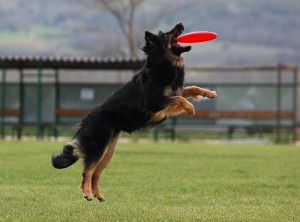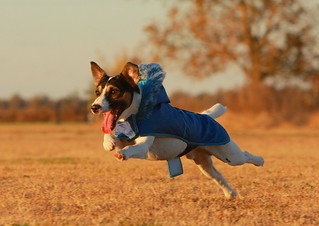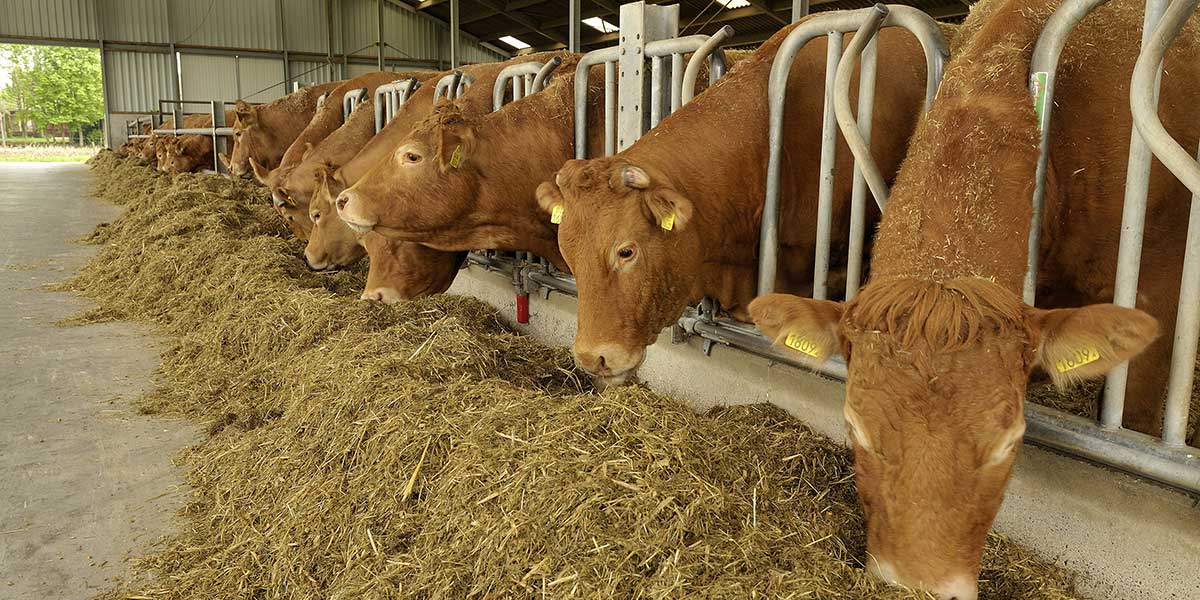Fall is a busy time of year for many families. The kids go back to school and schedules change. However, with all the change that fall brings, it’s important to make sure your pet is happy and healthy. Here are some tips to keep your pets safe all season long:
Feed them pumpkin
 Believe it or not, canned pumpkin is good for your pet’s diet! The soluble fiber in pumpkin can actually help with digestive issues. Does your dog have skin problems? Pumpkin also contains antioxidants and fatty acids that can help promote healthy skin and fur. Other nutrients found in pumpkin are beta-carotene and iron, which can help reduce the likelihood of your pet to develop cancer.
Believe it or not, canned pumpkin is good for your pet’s diet! The soluble fiber in pumpkin can actually help with digestive issues. Does your dog have skin problems? Pumpkin also contains antioxidants and fatty acids that can help promote healthy skin and fur. Other nutrients found in pumpkin are beta-carotene and iron, which can help reduce the likelihood of your pet to develop cancer.
Here are some tasty pumpkin recipes for your furry friend:
Brush pet regularly
One of the biggest nuisances pet owners face is unwanted hair in their homes. Unfortunately for us, many pets begin shedding their summer coat during fall to make room for their winter coat. However, you can reduce the amount of shedding by brushing your pet daily. Brushing will also make your pet’s coat softer and cleaner.
Daily aerobic exercise
 Take advantage of the beautiful fall weather by taking your pet for a long walk or throwing a Frisbee in the park. Exercise helps to keep pets healthy, agile and limber. It also helps to prevent injury. With today’s busy lifestyles, many pet owners find it difficult to give their animals the exercise they deserve. While the amount of exercise needed depends on their age, size, and breed, most pets will benefit enormously from daily aerobic exercise.
Take advantage of the beautiful fall weather by taking your pet for a long walk or throwing a Frisbee in the park. Exercise helps to keep pets healthy, agile and limber. It also helps to prevent injury. With today’s busy lifestyles, many pet owners find it difficult to give their animals the exercise they deserve. While the amount of exercise needed depends on their age, size, and breed, most pets will benefit enormously from daily aerobic exercise.
Flea and tick control
With fall, comes flea and tick season. Fleas carry tapeworms that can drain your pet of blood and nutrients. In order to control fleas and ticks, it’s important to keep the area surrounding your home clear of debris. You can also apply an outdoor insecticide that is labeled specifically for ticks. Don’t forget to check your pets regularly!
Bundle up
 Fall months bring chilly weather. If your pet spends most of its time outdoors, make sure he or she has a warm place to sleep at night. Prolonged exposure to cold can result in frostbite. It’s equally as important that your pet stays dry, as a wet coat loses its insulating properties. Hypothermia can occur when a pet has been submerged in cold water for long periods of time.
Fall months bring chilly weather. If your pet spends most of its time outdoors, make sure he or she has a warm place to sleep at night. Prolonged exposure to cold can result in frostbite. It’s equally as important that your pet stays dry, as a wet coat loses its insulating properties. Hypothermia can occur when a pet has been submerged in cold water for long periods of time.
Lisa Podwirny is the owner of Ketchum Mfg. Connect with her on Google+!






